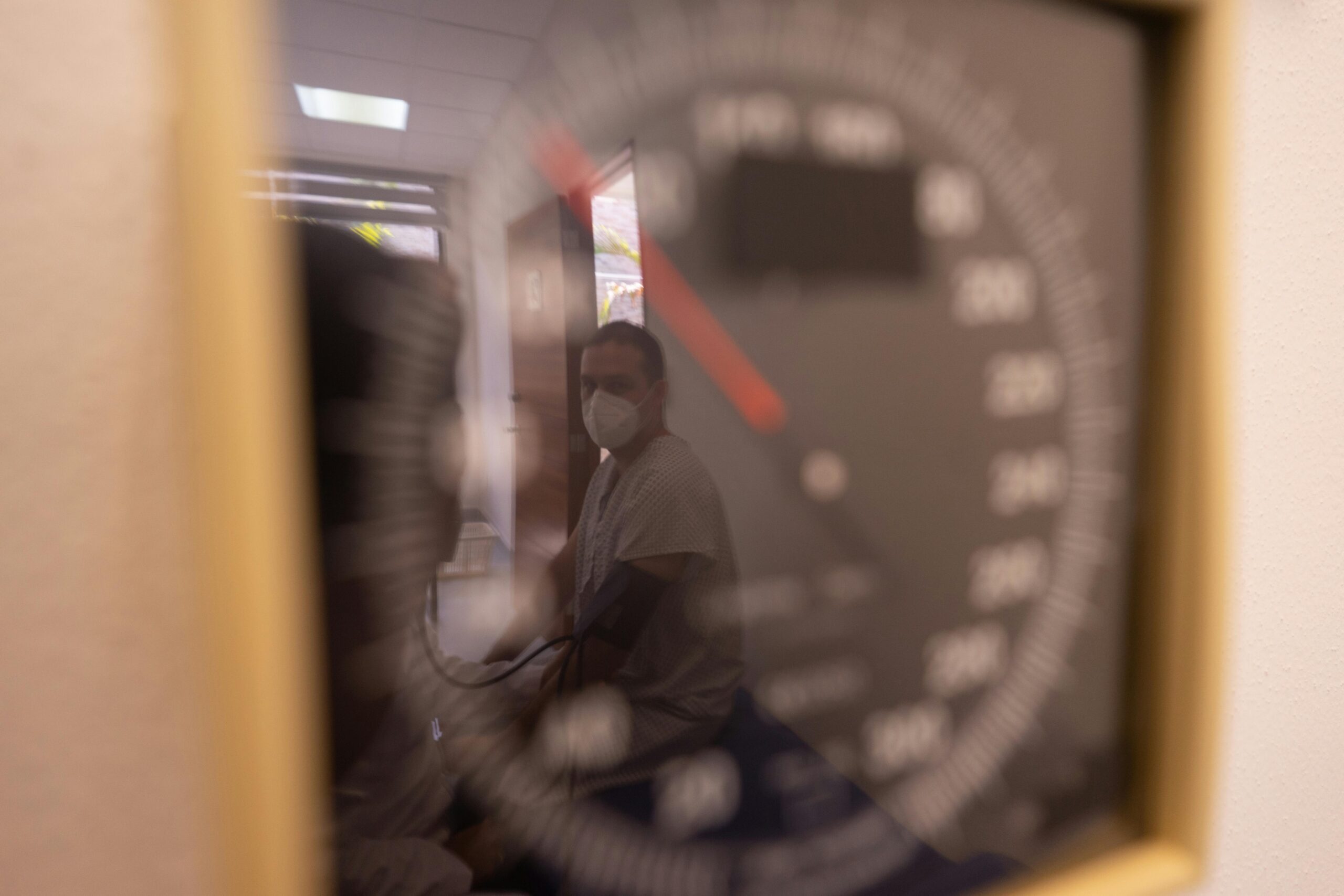THE ROLE OF NUTRITON IN HYPERTENSION CONTROL.
Hypertension, or high blood pressure affects more than 1 billion people worldwide, making it one of the leading risk factors for cardiovascular diseases, stroke, and kidney damage. While medication is often necessary for controlling hypertension, research consistently shows that dietary interventions can play a crucial role in both preventing and managing high blood pressure. By making targeted changes to what we eat, we can significantly reduce the strain on our hearts and blood vessels.
THE DASH DIET:
The Dietary Approaches to Stop Hypertension (DASH) diet is one of the most widely recommended eating patterns for individuals with hypertension. The DASH diet emphasizes the consumption of fruits, vegetables, whole grains, lean proteins, and low-fat dairy. It limits foods high in saturated fats, red meats, sweets, and sodium — key contributors to high blood pressure.
Research shows that the DASH diet can lower systolic blood pressure by 8-14 mm Hg in individuals with hypertension. Individuals who adhered to the DASH diet for just 12 weeks experienced significant reductions in both systolic and diastolic blood pressure.
SODIUM AND HYPERTENSION:
Excessive sodium intake is a well-known contributor to hypertension. The American Heart Association (AHA) recommends that adults limit their sodium intake to 2,300 mg per day, with an ideal goal of 1,500 mg for those with hypertension or at risk. Despite these guidelines, the average American consumes more than 3,400 mg of sodium daily, mainly from processed and restaurant foods.
Reducing sodium intake by as little as 1,000 per day can result in a 5-6 mm Hg reduction in systolic blood pressure. This simple dietary change can have a significant impact on long-term health,, especially when combined with other lifestyle modifications.
THE ROLE OF POTASSIUM AND MAGNESIUM:
Potassium and magnesium are essential minerals that help counteract the effects of sodium on blood pressure. Potassium helps relax blood vessels, while magnesium supports healthy blood vessel function. Increasing potassium intake by 2,000 mg per day can lower blood pressure by as much as 5 mm Hg.
Foods rich in potassium, such as bananas, potatoes, leafy greens, and beans are crucial for maintaining healthy blood pressure. Magnesium-rich foods, including nuts, seeds, and whole grains, can also contribute to overall cardiovascular health.
CONCLUSION:
Managing hypertension through dietary interventions is an accessible and effective strategy that can significantly improve heart health. The DASH diet, sodium reduction, and increased intake of potassium and magnesium, combined with the Mediterranean diet, provide powerful tools in controlling high blood pressure. By adopting these dietary changes, individuals can reduce their reliance on medications and lower their risk of heart disease and stroke.





